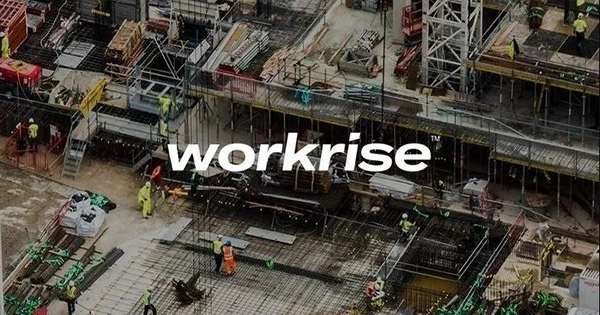Unicorns in Austin Workrise has announced the layoff of an undefined number of people as it quits certain verticals and looks to sell off sections of its business. The business, which has developed a labor-management platform for skilled professions, announced layoffs but did not specify how many. TechCrunch claimed in May that the business had secured $300 million at a valuation of $2.9 billion. Workrise had more than 600 employees in 25 locations at the time.
According to a user on the anonymous workplace community app Blind, 450 individuals were laid off, although the amount has not been confirmed by the company. RigUp was the company’s previous name, and you may be familiar with it. The firm was created in 2014 as a marketplace for on-demand energy services and professional labor. After the oil and gas business took a battering in recent years, it changed its name in early 2021 to reflect a new emphasis on industries other than oil and gas.
However, it appears that the corporation is reverting to its roots after a pandemic shift failed to playoff. Workrise spokesman Dan Bank told TechCrunch in a statement: Workrise has been working on a long-term strategy to help skilled employees in the energy business in recent months. Workrise has opted to quit verticals that no longer correspond with its long-term vision in this pursuit.
Unfortunately, many of our coworkers will be affected by this restructure, and we have had to make the painful choice to cut personnel. This was done after much thought and is the outcome of the elimination of roles, the consolidation of departments, and a general shift in growth goals. This was not an easy process, but we feel it is in the company’s best interests as we continue to help skilled laborers advance their careers in our key areas, such as oil and gas and renewables.
Workrise’s CEO and co-founder Xuan Yong stated in an internal email to workers acquired by TechCrunch that the expansion into new areas outside of oil and gas was aimed at diversifying the company’s operations and supporting a larger spectrum of qualified tradesmen. The COVID-19 epidemic, he continued, had expedited the company’s involvement in those markets. He went on to claim that the corporation has now opted to “make the largest impact” in the energy sector.
“With this in mind, we assessed the remainder of our portfolio and discovered that some firms were not the appropriate fit, both financially and in terms of product.” The wide diversity of firms and people we served added to the complexity, making it difficult to scale and expand them efficiently. When we were dispersed across different industries with extremely specialized demands, it was more difficult to provide a worker-first product. “As a result, we made the painful choice to abandon some verticals in order to focus on energy — oil and gas, as well as renewables,” Yong wrote.
As a result, he stated that the corporation will “quickly right-size” certain of its operations while divesting from others. Workrise has sold one of its firms and is looking to sell the remainder, according to him. “In the near future, we will have fewer clients and personnel to assist,” Yong added. And, unfortunately, we will have to cut our corporate employees to support our future operations. This was not an easy decision, but it is important for our company’s future development.”
This isn’t the first time the firm has had to lay off employees. As a result of the COVID-19 epidemic, Workrise let off one-quarter of its corporate staff in 2020. In this scenario, it looks that the company’s pandemic pivot did not work out. The firm told me at the time of its most recent financing that its gross sales has quadrupled since 2018, moving from just under $300 million to over $900 million by the end of 2020.
















